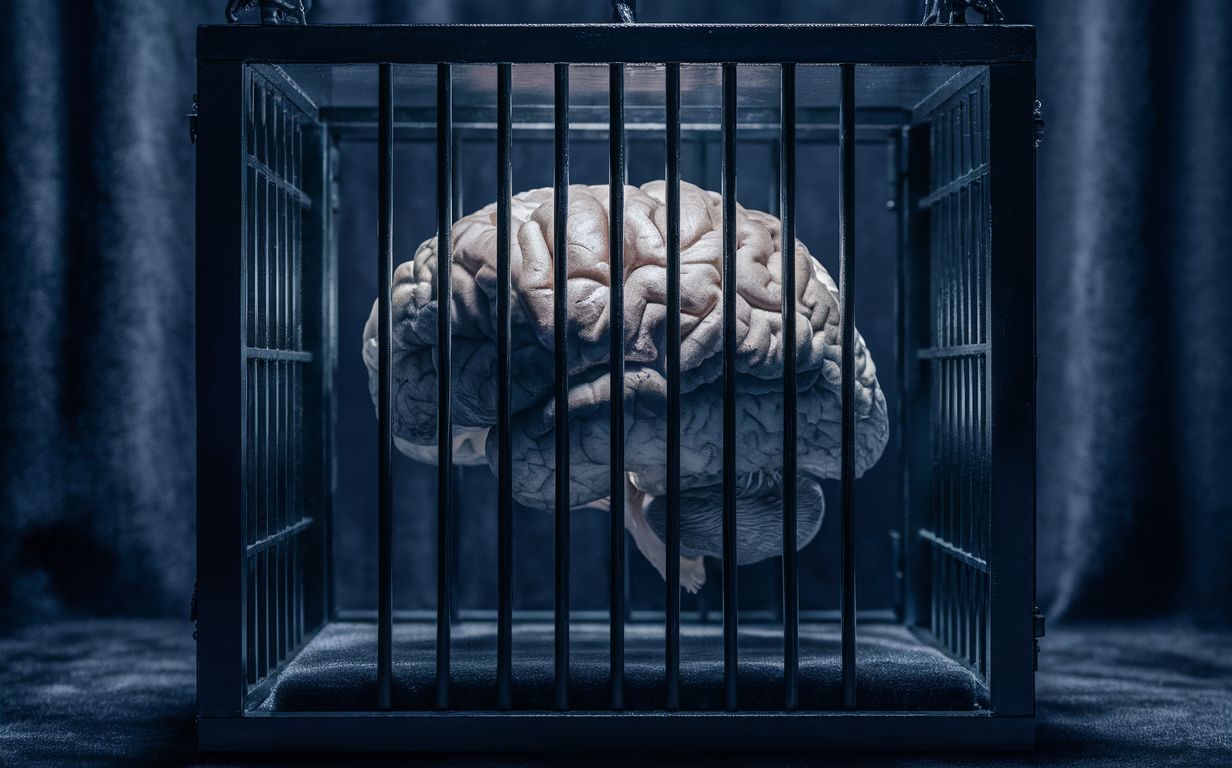Coma: a significant proportion of unresponsive patients are actually conscious
Published by Cédric,
Article author: Cédric DEPOND
Source: New England Journal of Medicine
Other Languages: FR, DE, ES, PT
Article author: Cédric DEPOND
Source: New England Journal of Medicine
Other Languages: FR, DE, ES, PT
Follow us on Google News (click on ☆)
This discovery could profoundly change clinical practices in caring for patients in a coma or in a non-responsive wakeful state.

The study, initiated in 2008 by Dr. Nicholas Schiff, Steven Laureys, and Adrian Owen, evaluated 353 patients suffering from consciousness disorders caused by brain trauma or strokes. Researchers used techniques such as functional magnetic resonance imaging (fMRI) and electroencephalography (EEG) to detect brain activity in response to simple instructions like "imagine opening and closing your hand."
Among the 241 patients unable to physically respond to commands, about 25% showed brain responses suggesting a form of consciousness, despite the total absence of movement.
These results are particularly significant as they challenge traditional criteria for assessing consciousness. Until now, a patient unable to respond to stimuli was generally considered unconscious. This study, published in the New England Journal of Medicine, shows that the dissociation between cognitive abilities and motor functions is not uncommon in these patients. According to Dr. Yelena Bodien, the lead author, this poses major ethical and clinical challenges, particularly concerning communication and rehabilitation of these patients.
The study also highlights the importance of using multiple assessment methods to detect consciousness, as a single technique might not sufficiently reveal the complexity of consciousness states. For instance, patients evaluated using both fMRI and EEG showed a higher rate of cognitive-motor dissociation. This suggests that combined approaches are necessary for a more accurate assessment.
Researchers are calling for a revision of clinical protocols to include these imaging techniques to better identify and treat conscious but non-responsive patients. "We now have an ethical obligation to engage with these patients and try to help them interact with their environment," emphasizes Dr. Nicholas Schiff.